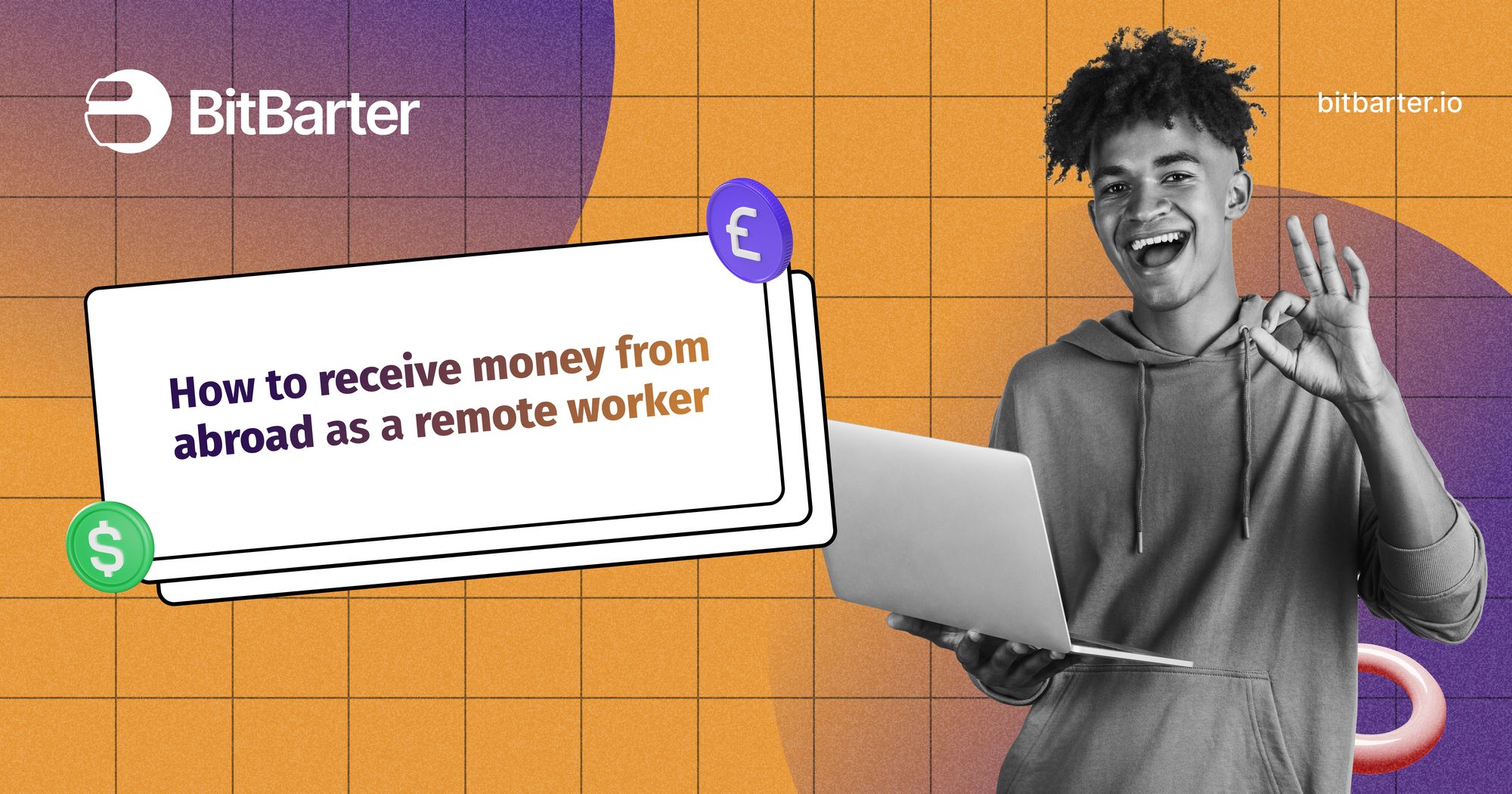How to Receive Money from Abroad as a Remote Worker in Nigeria: A Comprehensive Guide

Are you a remote worker in Nigeria struggling to receive payments from international clients? Discover the best methods and tips to effortlessly receive money from abroad!
In today's interconnected world, remote work opportunities are abundant, but navigating the complexities of receiving international payments can be daunting. Whether you're a freelancer on platforms like Fiverr or Upwork or a digital nomad seeking financial freedom, this guide will equip you with the knowledge you need to effectively manage your finances.
Understanding Remote Work in Nigeria
Remote work has become increasingly popular in Nigeria, opening up new avenues for individuals to earn a living from anywhere in the world. With the rise of digital skills and online job portals, Nigerians now have access to a plethora of remote job opportunities spanning various industries.
To kickstart your remote work journey in Nigeria, follow these essential steps:
- Acquire Digital Skills: Equip yourself with in-demand digital skills relevant to your field of interest.
- Build Your Online Presence: Establish a strong online presence through social media platforms and professional networking sites like LinkedIn.
- Invest in Quality Equipment: Ensure you have reliable devices such as a laptop or smartphone and a stable internet connection.
- Apply for Remote Jobs: Explore online job portals like LinkedIn, Indeed, and Glassdoor to discover remote job opportunities matching your skills and qualifications.
Top Tips for Finding Remote Jobs in Nigeria
Finding remote job opportunities requires strategic planning and proactive networking. Here's how you can maximize your chances of securing remote work:
- Utilize Online Job Portals: Leverage popular job portals like LinkedIn, Indeed, and Glassdoor to browse remote job listings and submit your applications directly.
- Join Online Communities: Engage with online communities and groups dedicated to connecting remote workers with job opportunities on social media platforms like Facebook.
- Reach Out to Companies: Take the initiative to reach out to companies directly via social media platforms and inquire about remote job openings in your area of expertise.
Navigating Payment Options for Remote Workers in Nigeria
Once you've secured a remote job, the next challenge is figuring out how to receive payments from abroad. Here are five viable options to consider:
- Bank Transfers: Receive payments directly into your Nigerian bank account through traditional bank transfers. Although widely used, bank transfers may involve lengthy processing times and high transaction fees.
- E-Wallets: Explore e-wallet platforms like Skrill, Payoneer, and Wise to receive payments swiftly and securely. These platforms offer flexibility and convenience, allowing you to withdraw funds to your bank account or make online purchases.
- Cryptocurrency: Embrace the efficiency of cryptocurrencies like Bitcoin for fast and cost-effective cross-border transactions. Platforms like BitBarter facilitate seamless cryptocurrency transactions, enabling you to receive payments with ease.
- Wire Transfers: Opt for wire transfer services such as Western Union or MoneyGram for expedited international money transfers. While convenient, wire transfers may incur high transaction fees.
- Online Payment Platforms: Leverage online payment platforms like PayPal (via an international account) to receive payments from clients worldwide. Keep in mind that PayPal is not directly available in Nigeria, necessitating alternative approaches for Nigerian users.
Embrace Seamless Payments as a Remote Worker in Nigeria
Say goodbye to payment woes and unlock the full potential of remote work in Nigeria with these practical solutions for receiving money from abroad. Whether you opt for traditional bank transfers, innovative e-wallets, or the efficiency of cryptocurrencies, rest assured that navigating international payments has never been easier.
Get started today and embark on your journey to financial freedom as a remote worker in Nigeria. With the right payment strategy in place, you can seamlessly receive payments from abroad and thrive in the world of remote work.